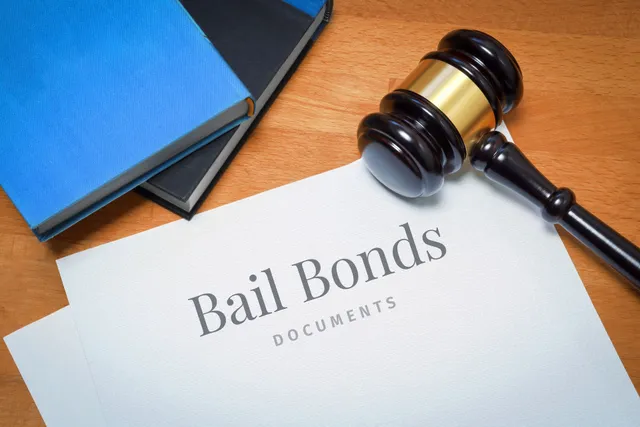What Is Cycling Under the Influence?
Cycling under the influence (CUI) is a criminal offense that occurs when a person operates a bicycle while impaired by alcohol or drugs. While most people associate DUI laws with motor vehicles, many states—like California—also make it illegal to ride a bike on public roads while intoxicated.
The law exists to protect both cyclists and the public, as impaired cycling can still lead to serious accidents and injuries.
Legal Definition in California
Under California Vehicle Code 21200.5, it is unlawful to ride a bicycle on a public road while under the influence of alcohol, drugs, or both.
Unlike a standard DUI, cycling under the influence does not usually carry the same severe penalties, but it is still a misdemeanor offense that can impact your record.
Penalties for Cycling Under the Influence
- Fines: Up to $250 for a first offense
- No Jail Time in Most Cases: Unlike DUI, CUI typically does not involve jail, unless other crimes occurred alongside the incident
- Record Impact: Convictions are recorded and may appear in background checks
- For Minors: Those under 21 may also face a suspension or delay in obtaining a driver’s license
If the cyclist caused an accident resulting in injury or property damage, additional charges may apply.
Can You Be Arrested for Cycling Under the Influence?
Yes. Even though bicycles aren’t motor vehicles, police officers can arrest cyclists who appear impaired. Arrests usually occur when:
- The cyclist is swerving or riding recklessly
- The cyclist is visibly intoxicated in public
- An accident occurs and alcohol or drugs are involved
Bail for Cycling Under the Influence
Because CUI is often treated as a misdemeanor, bail is usually low compared to DUI cases. In some situations, the offender may be released with a citation rather than having to post bail.
If bail is required, it is often only a few hundred dollars. However, aggravating factors—like causing injury—can increase bail amounts.
How a Bail Bond Can Help
If bail is set higher than expected, a bail bond may be used to secure release. With a bail bond:
- A licensed bail agent posts bail on the defendant’s behalf
- The defendant (or co-signer) pays a non-refundable fee—typically 10% of the bail amount
- The agent helps navigate the process and ensures compliance with court appearances
Charged With Cycling Under the Influence?
Even though cycling under the influence is not as serious as a DUI, it can still carry fines and a criminal record. If you or a loved one has been arrested, our experienced bail agents are here 24/7 to help you secure release quickly and guide you through the process.

need help?
Our pre-trail release expertsare available 24/7 and areready to help secure yourfreedom.
Call us nowLearn more about best california bail bonds
Have questions?
Our pre-trail release experts are available 24/7 and are ready to help secure your freedom.





